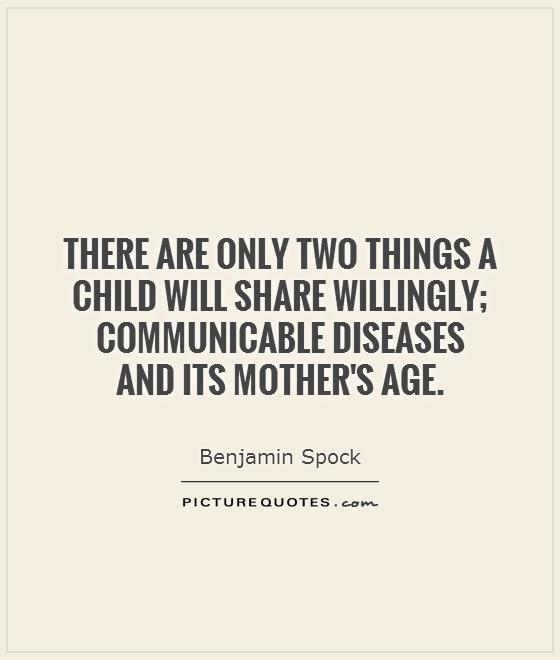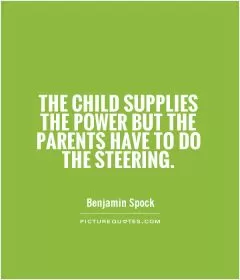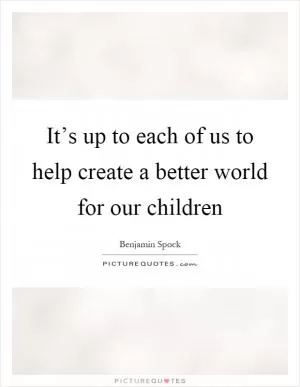There are only two things a child will share willingly; communicable diseases and its mother's age

There are only two things a child will share willingly; communicable diseases and its mother's age
Benjamin Spock, a renowned pediatrician and author of the best-selling book "Baby and Child Care," is often quoted for his wise and insightful words on parenting. One of his most famous quotes is, "There are only two things a child will share willingly; communicable diseases and its mother's age." This statement speaks to the nature of children and their tendency to be selective about what they share with others.When it comes to communicable diseases, children are often unaware of the potential harm they can cause by sharing germs with others. They may not understand the concept of spreading illness through physical contact or sharing items like toys or food. As a result, they may inadvertently pass on colds, flu, or other contagious illnesses to their peers or family members. This behavior is not done out of malice, but rather out of innocence and a lack of understanding of the consequences.
On the other hand, children are often very protective of their mother's age. This may stem from a sense of loyalty and love for their mother, as well as a desire to shield her from any potential judgment or criticism. In many cultures, age is considered a sensitive topic, and children may be taught from a young age to respect their elders and not disclose personal information about them. As a result, children may be hesitant to share their mother's age with others, even if asked directly.
Spock's words highlight the complex and nuanced nature of children's behavior and the importance of understanding and respecting their boundaries. As parents and caregivers, it is essential to create a safe and supportive environment where children feel comfortable sharing their thoughts and feelings. By fostering open communication and mutual respect, we can help children navigate the challenges of growing up and develop healthy relationships with others.












 Friendship Quotes
Friendship Quotes Love Quotes
Love Quotes Life Quotes
Life Quotes Funny Quotes
Funny Quotes Motivational Quotes
Motivational Quotes Inspirational Quotes
Inspirational Quotes